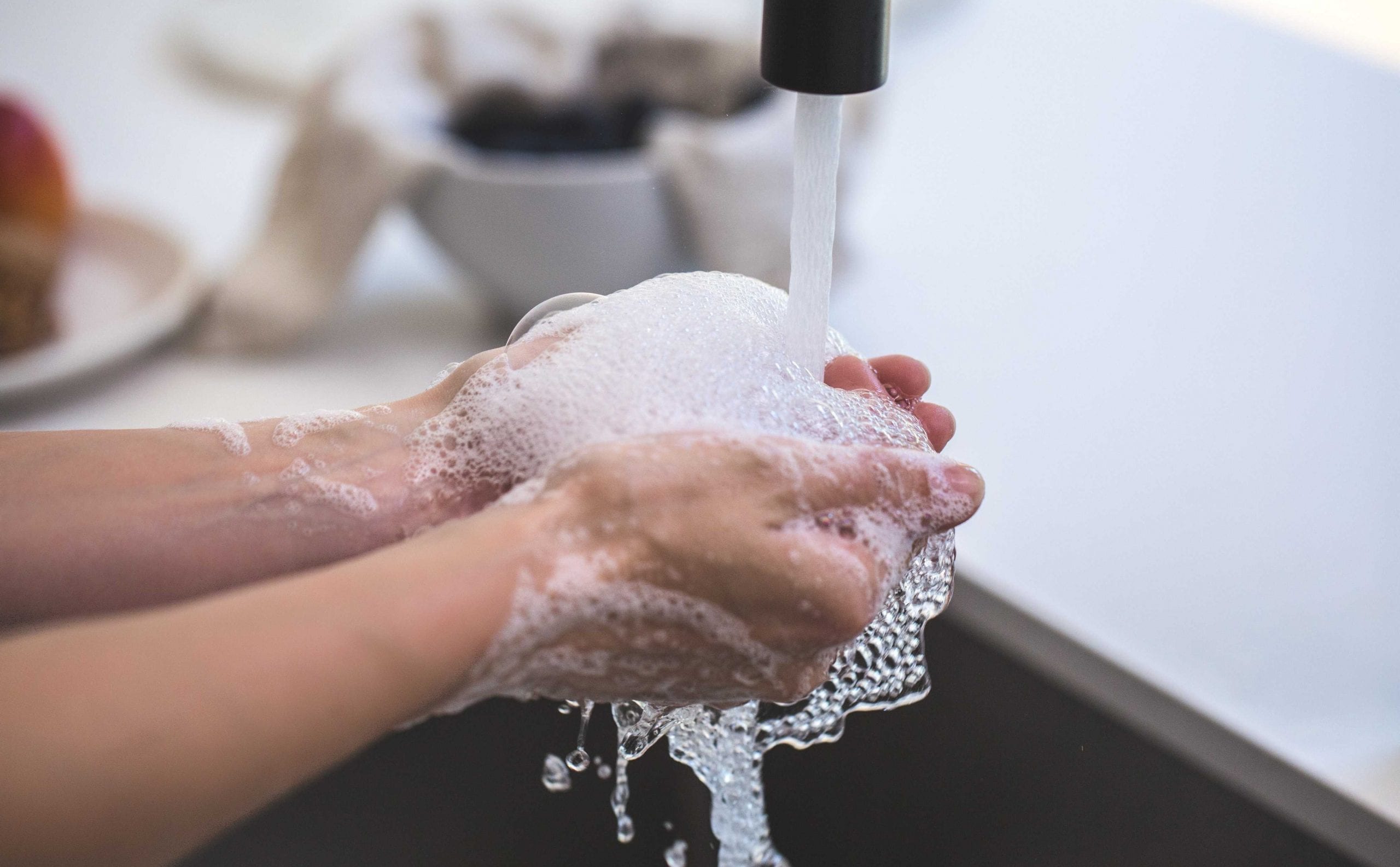
We are now entering a phase where lockdown restrictions are being relaxed by various states. The eye of the storm has passed but that does not mean the threat is over. We still need to be vigilant especially people over 60 years and patients with underlying co-morbidities, e.g., chronic cardiovascular disease, chronic respiratory disease, diabetes, and cancer. People who are healthy and develop mild symptoms of Covid-19 can be allowed to stay and recover at home according to WHO guidelines. Mild illness may include uncomplicated upper respiratory tract viral infection symptoms such as fever, fatigue, cough (with or without sputum production), anorexia, malaise, muscle pain, sore throat, dyspnea, nasal congestion, or headache. Rarely, patients may also present with diarrhea, nausea, and vomiting.
Table of Contents
- Tips for patients suffering from Covid-19
- Tips for caregivers of Covid-19 patients
- When to call a doctor
- Contact us Now!
Tips for patients suffering from Covid-19
It’s very important to protect others at home from the virus. The patient should immediately
- Self-Isolate. This means staying in one room and staying away as much as possible from others. Try using a separate washroom than others. Cease all public outings as this can spread the virus.
- Wear a face mask or cover your face with some cloth around others to stop the spread of germs. The mask should be changed daily.
- If using a tissue to cover up your coughs and sneezes, discard tissue immediately and wash your hands with water and soap.
- Avoid sharing all personal household items such as dishes, glasses, cups, bedding, towels, etc.
- Wash your hands frequently with water and soap or use an alcohol-based sanitizer
Tips for caregivers of Covid-19 patients
For safety reasons, it is best to allow only one caregiver. This person should be in good health and should not have any underlying chronic or immunocompromised conditions. According to the WHO and CDC, the following guidelines should be followed by the caregivers.
- Place the patient in a well-ventilated single room. Please make sure the airflow is good.
- Avoid touching your face with your hands and wash hands regularly with soap and water for at least 20 seconds
- Do not allow visitors to your house. This includes adults and children
- The caregiver should always wear a mask and gloves while in the same room as the patient. Single-use gloves should be disposed of after each use. Utility gloves should be cleaned with soap and water and decontaminated with 0.1% sodium hypochlorite solution
- Wash the patient’s clothes, bed linen, and towels using regular laundry soap and water or machine wash at 60–90 °C (140–194 °F) with common household detergent.
- Wear gloves when handling dishes, cups, or utensils used by the sick person. Wash the items with soap and hot water or in the dishwasher. Clean your hands after taking off the gloves or handling used items.
- Every day, use household cleaning sprays or wipes to clean surfaces that are often touched, including counters, tabletops, and doorknobs
When to call a doctor
The decision to take care of a patient at home requires careful clinical judgment and a doctor should be informed when a patient shows symptoms of COVID-19 albeit mild. If the person with COVID-19 experiences emergency warning signs, medical attention is needed immediately. Call 911 or your local emergency number if the sick person can’t be woken up or you notice any emergency signs, including:
Contact us Now!
“Your path to vibrant health begins here. Feel free to reach out with any questions or to schedule a consultation. We’re here to support you every step of the way.”




